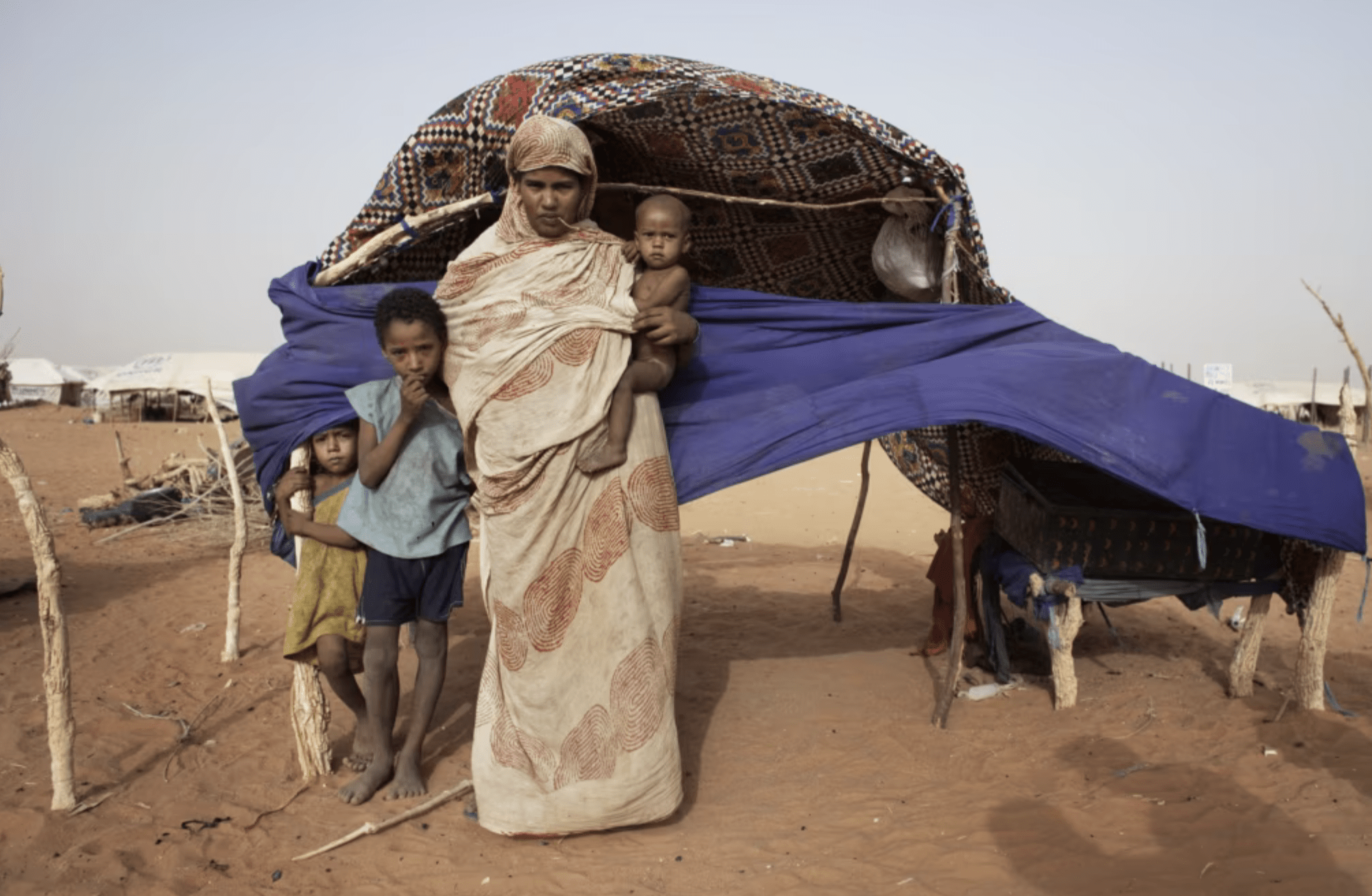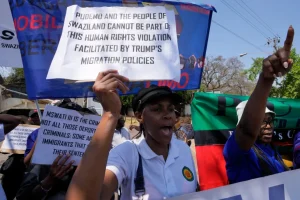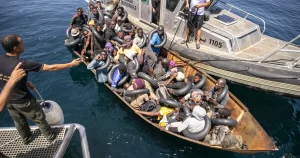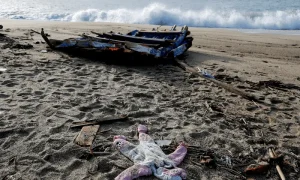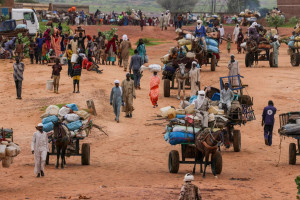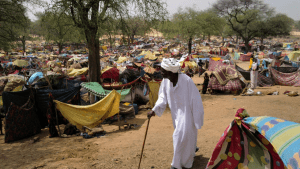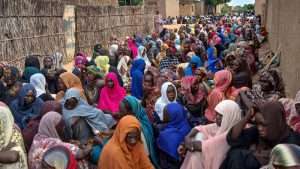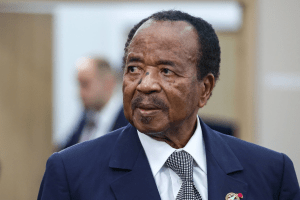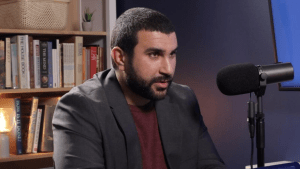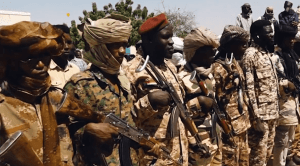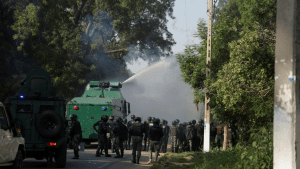Libya orders aid groups to close amid migration concerns
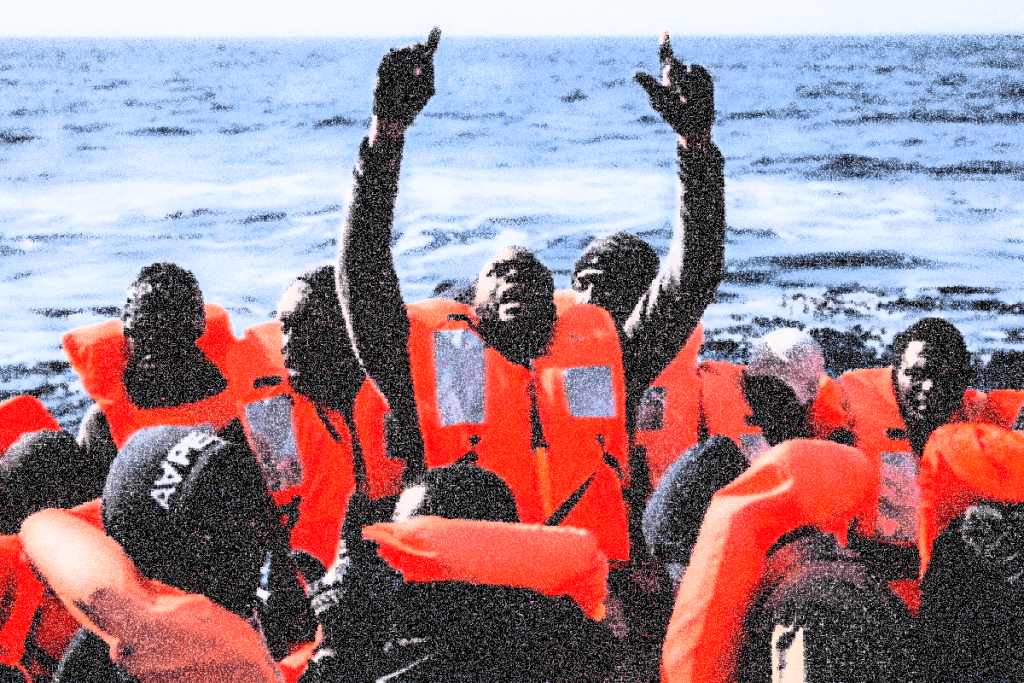
Libya has launched a controversial crackdown on international aid organisations, ordering ten humanitarian groups, to close their offices amid accusations of demographic manipulation through African migration.
According to the BBC, this crackdown has targeted ten organisations, including the UN refugee agency and Doctors Without Borders.
Internal Security Authority spokesperson Salem Gheit stated on April 3, “This plan to settle migrants of African origin in our country represents a hostile act. It aims to change the country’s demographic composition and threatens Libyan society’s balance.”
The Mediterranean coast has become a key transit point for African immigrants seeking to enter Europe, with 679,974 migrants from over 41 nationalities currently residing in the 100 Libyan municipalities.
Within Libya, there have been accusations that militiamen who run detention centres have starved and beaten migrants, while coast guards have been accused of filming rather than rescuing people. The government has not commented on these accusations.
The government behind this decision is the internationally recognised administration in Tripoli. International humanitarian groups in Libya are under increasing pressure as authorities intensify restrictions on their operations. Doctors Without Borders (MSF) suspended its activities last week after Libyan officials subjected staff of international NGOs to harassment and interrogations since mid-March.
The UN refugee agency (UNHCR) defended its ongoing work, emphasising its assistance to refugees in dire need, rather than merely as “migrants,” as characterised by Libyan authorities. UNHCR spokesperson William Spindler noted that the organisation has worked in Libya for over 30 years with the government’s consent.
Libya’s International Security Authority has accused the aid groups of encouraging migrants to stay by providing essential supplies.
Meanwhile, sub-Saharan African migrants continue to face severe human rights abuses in Libya, including violence, enslavement, and sexual assault. “He used to call me a ‘disgusting black’. He raped me,” one Sudanese refugee told the BBC about her experience with a man who had offered her cleaning work, highlighting the racism and abuse many refugees endure.
The closure of these aid organisations threatens to worsen an already dire humanitarian crisis, leaving thousands of vulnerable people without essential services and protection.
BBC, Maghrebi.org, International Organisation for Migration
Want to chase the pulse of North Africa?
Subscribe to receive our FREE weekly PDF magazine





